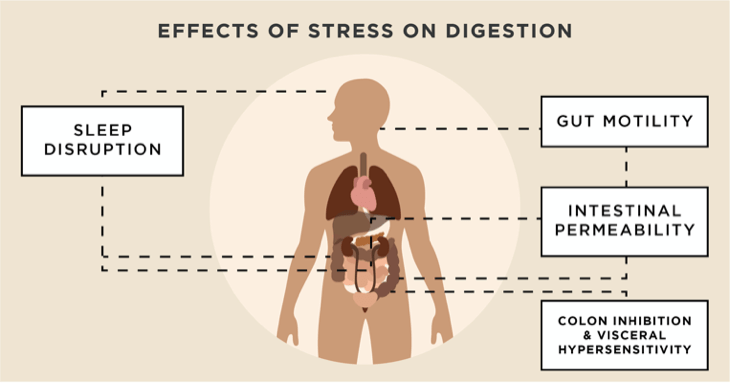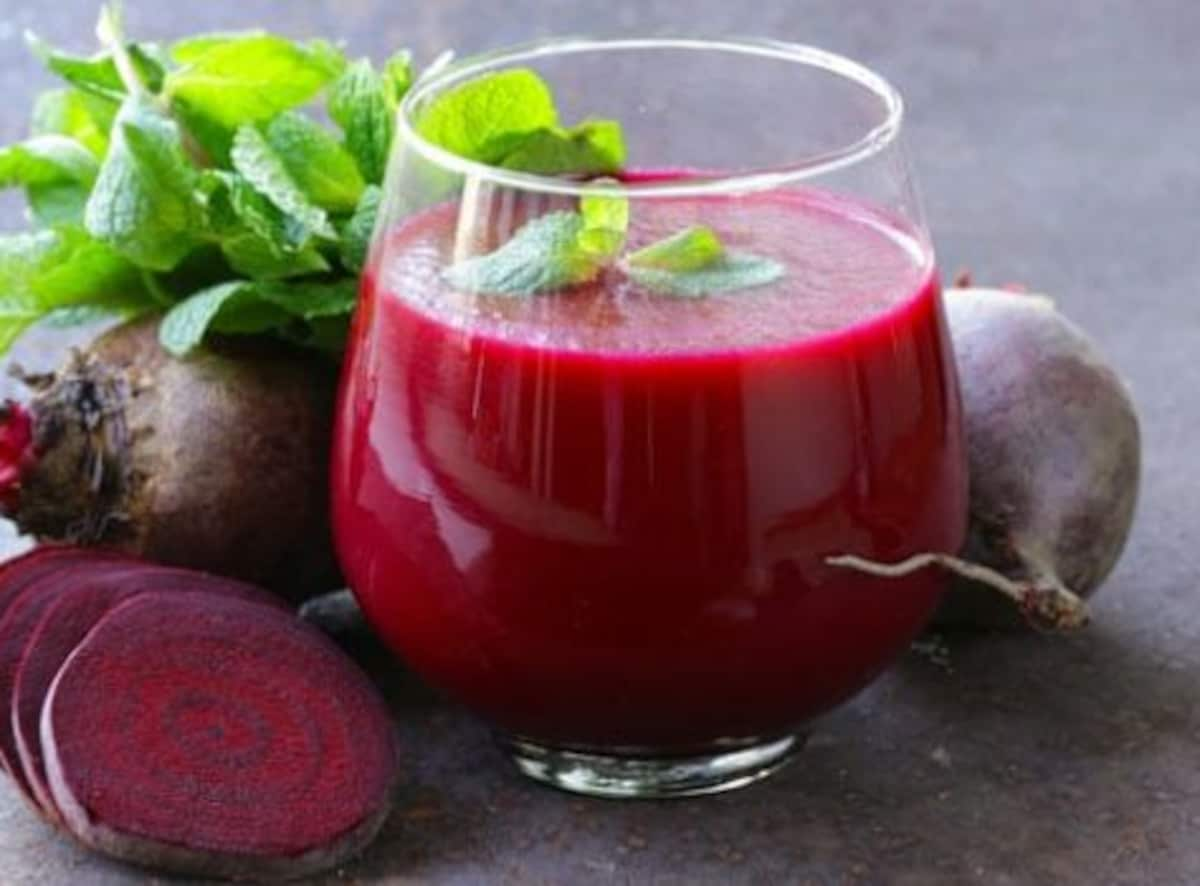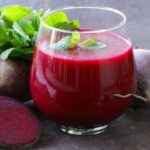Introduction
Summer is the perfect time for backyard barbecues and sizzling grills. Discover how grilling can be a healthy cooking method when approached mindfully. In this article, we’ll explore the advantages of healthy grilling and provide tips for incorporating it into a balanced and nutritious diet.
Reduced Fat Content
Grilling helps lower overall fat content by allowing excess fat to drip off the food. Research from the American Institute for Cancer Research (AICR) indicates that grilling meats can be a healthier alternative to frying or deep-frying. In fact, a study published in the Journal of Food Science found that grilling chicken breast reduced its fat content by 50%, without compromising flavor and tenderness.
Retained Nutrients
Grilling vegetables and fruits helps preserve their natural nutrients better than boiling or steaming. The Journal of Agricultural and Food Chemistry highlights a study showing that grilling certain vegetables, such as bell peppers and zucchini, increases their antioxidant levels compared to other cooking methods. This is because grilling retains water-soluble vitamins like vitamin C and antioxidants like carotenoids.
Intensified Flavors
Grilling imparts a unique and smoky flavor to foods, enhancing their taste and reducing the need for excessive seasoning or sauces. The Journal of Food Science reveals that grilling enhances the overall sensory quality and palatability of various meats and vegetables. By using marinades or dry rubs with herbs and spices, you can further enhance flavors without relying on excessive salt or unhealthy ingredients.
Healthier Cooking Techniques
Grilling promotes healthier cooking by minimizing the need for added oils and fats. According to the Academy of Nutrition and Dietetics, grilling allows you to cook foods without breading or batter, resulting in reduced calorie and fat intake. Additionally, excess fat drips away from the food while grilling, resulting in a leaner final product.
Conclusion
Grilling can offer numerous benefits when approached mindfully and with healthy ingredients. With reduced fat content, retained nutrients, intensified flavors, and healthier cooking techniques, it’s an enjoyable way to incorporate nutritious meals into your summer menu.
So, fire up the grill, savor the flavors, and embrace the healthy goodness of grilling this summer!
Print
Grilled Lemon Herb Salmon
-
 Total Time: 15-20 minutes
Total Time: 15-20 minutes -
 Yield: 1
Yield: 1 -
 Method: Grilling
Method: Grilling -
 Cuisine: Western
Cuisine: Western - Diet: Gluten Free
Description
Here’s a delicious and nutritious recipe to get you started on your grilling adventure. This one-portion delight is perfect for a quick and satisfying meal:
Ingredients
- Salmon fillet: 150 grams
- Lemon juice: 15 grams (juice from approximately half a lemon)
- Olive oil: 10 grams
- Garlic cloves: 5 grams (1 clove)
- Fresh parsley: 5 grams (a small handful)
- Fresh dill: 5 grams (a small handful)
- Salt: 2 grams
- Black pepper: 1 gram
These measurements are approximate and can be adjusted according to personal preference.
Instructions
- Preheat the grill to medium heat.
- In a small bowl, combine the lemon juice, olive oil, minced garlic, fresh herbs, salt, and pepper.
- Place the salmon fillet on a sheet of aluminum foil.
- Brush the marinade over the salmon, ensuring it’s evenly coated.
- Wrap the salmon tightly in the foil, creating a packet.
- Place the foil packet on the preheated grill and cook for about 10-12 minutes, or until the salmon is flaky and cooked to your liking.
- Carefully remove the foil packet from the grill and let it rest for a minute before unwrapping.
- Serve your flavorful grilled salmon with a side of grilled vegetables or a fresh salad. Enjoy!
Conclusion: Embrace the sizzling benefits of healthy grilling this summer. Reduce fat content, retain essential nutrients, intensify flavors, and explore a world of delicious possibilities. So, gather your friends and family, fire up the grill, and create mouthwatering meals that will leave everyone asking for seconds. Happy grilling!
Nutrition
- Serving Size: 1
- Calories: 350 Kcal
- Fat: 25 g
- Carbohydrates: 5 g
- Protein: 30 g








